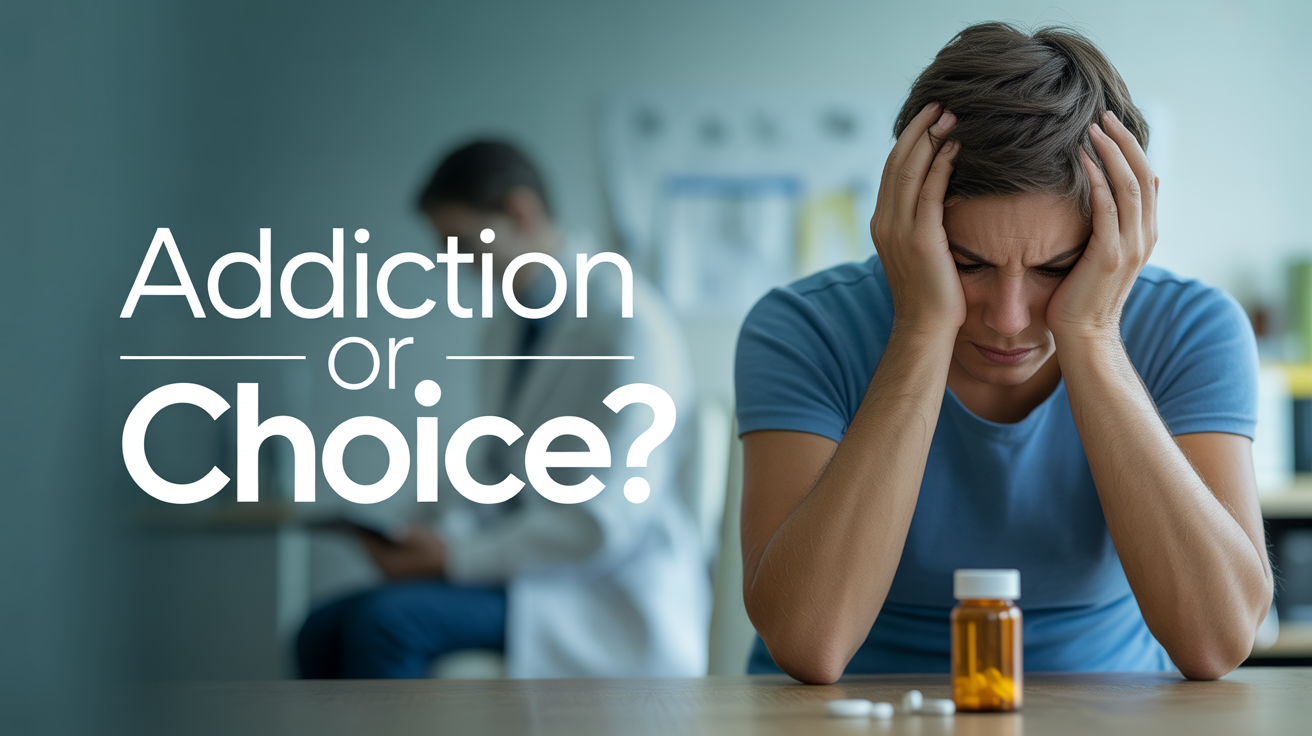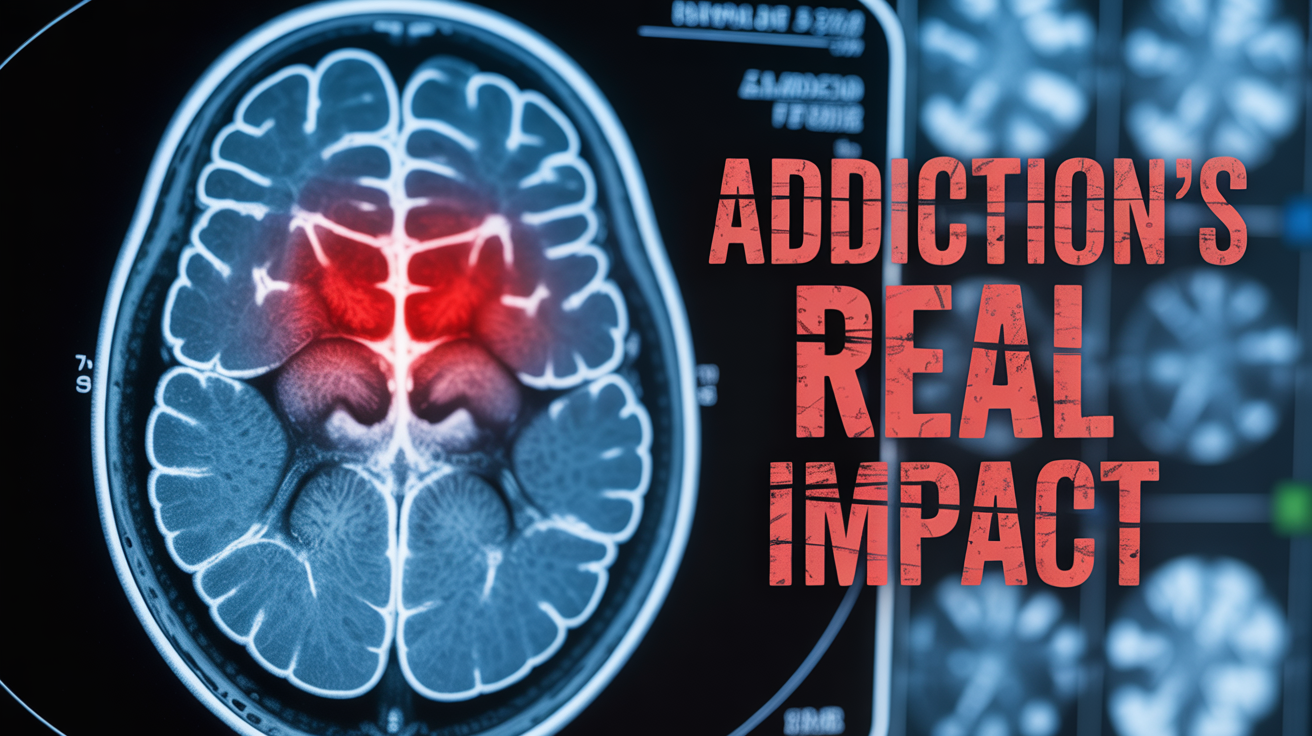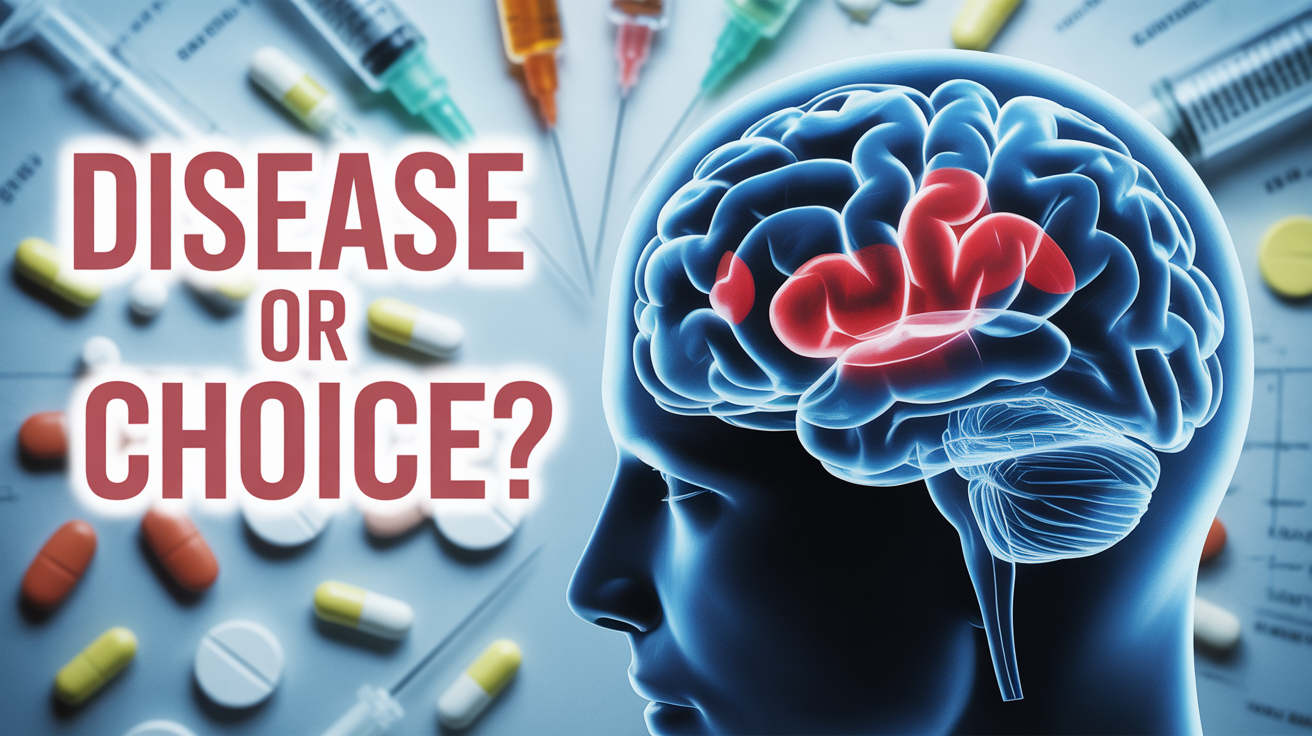Is Addiction a Disease?
Is Addiction a Disease?

Understanding Addiction as a Chronic Condition
Is addiction a disease? This question has been debated for decades. Some people view addiction as a choice, while others understand it as a chronic brain disease that requires professional treatment. At Beginnings Treatment Centers in Costa Mesa, CA, we firmly believe addiction is a disease. It affects the brain, body, and behavior in ways that make recovery nearly impossible without support.
Our team of licensed therapists, physicians, and certified addiction counselors sees firsthand the powerful grip addiction has on individuals and their families. When addiction is approached as a disease, treatment becomes more effective, stigma is reduced, and people can seek help without shame.
Why Addiction Is a Disease
Addiction is not a moral failing. It is a medical condition recognized by the American Medical Association, the National Institute on Drug Abuse, and the American Psychiatric Association. Below are three key reasons why experts classify addiction as a disease.
Addiction Changes the Brain
Substance use alters the brain’s reward system. Drugs and alcohol flood the brain with dopamine, reinforcing the cycle of use and creating cravings. Over time, the brain adapts and needs more of the substance to feel normal. This makes quitting extremely difficult without treatment.
Addiction also impacts areas of the brain that control stress, emotions, decision-making, and memory. This is why individuals often act impulsively, struggle to manage emotions, and relapse even after long periods of sobriety.
Addiction Mirrors Other Chronic Illnesses
Chronic illnesses such as diabetes, asthma, and heart disease require lifelong management. Addiction follows a similar pattern, with periods of remission and relapse. Like other diseases, it is treatable but not curable in the traditional sense.
Without treatment, addiction can progress and cause serious health problems, including liver disease, cardiovascular issues, weakened immune system, depression, and anxiety. Recognizing addiction as a disease highlights the importance of medical care, not punishment or judgment.

Addiction Affects the Whole Person
Addiction impacts more than just physical health. It changes behavior, damages relationships, and affects every aspect of life. Many individuals with addiction also live with co-occurring mental health disorders such as depression, anxiety, or post-traumatic stress disorder (PTSD). Effective treatment must address both the physical and psychological sides of addiction.
Treatment Options at Beginnings Treatment Centers
At Beginnings Treatment Centers, we offer evidence-based treatment programs designed to support long-term recovery. Our approach treats the whole person — body, mind, and spirit.
Individual and Group Therapy
Therapy helps clients explore the root causes of addiction, build coping skills, and learn healthier ways to respond to stress and triggers. Individual therapy provides one-on-one support, while group therapy creates community and accountability.
Medication-Assisted Treatment (MAT)
For certain addictions, medications can reduce cravings and ease withdrawal symptoms. MAT combines FDA-approved medications with therapy and counseling, improving success rates for recovery.
Holistic Therapies
Healing goes beyond medical treatment. At Beginnings, we offer yoga, meditation, mindfulness practices, and nutrition support. These therapies help clients reconnect with their bodies and find healthy outlets for stress.
Family Therapy and Support
Addiction affects the entire family, not just the individual. Family therapy sessions help rebuild trust, improve communication, and give loved ones the tools they need to support recovery. Support groups also provide families with a community of people who understand their struggles.
Aftercare and Relapse Prevention
Recovery is a lifelong journey. Our aftercare programs include ongoing therapy, alumni groups, sober living resources, and relapse prevention planning. We equip clients with tools to manage triggers, build healthy routines, and maintain sobriety long after treatment.

Why Professional Treatment Matters
Some people believe that willpower alone is enough to overcome addiction. However, because addiction changes the brain, quitting without help is extremely difficult. Professional treatment provides medical oversight, therapy, and structured support that greatly increase the chances of lasting recovery.
At Beginnings Treatment Centers, we design every treatment plan to fit the individual. No two people have the same experience with addiction, which is why our programs are flexible and personalized. By addressing physical, mental, and emotional needs together, we give clients the best opportunity for success.
Support for Families
When a loved one struggles with addiction, the entire family feels the effects. Parents, spouses, and children often experience stress, guilt, and confusion. That is why family support is a core part of our programs.
Through therapy and education, families learn about addiction as a disease, develop healthier boundaries, and rebuild stronger connections. When families heal together, it creates a more supportive environment for recovery.
The Road to Lasting Recovery
Recovery does not end after detox or rehab. It is a long-term process that requires ongoing commitment. Clients who engage in aftercare, community support, and relapse prevention have a greater chance of staying sober.
At Beginnings Treatment Centers, we provide continuing care and encourage alumni to remain connected. Our community fosters accountability, encouragement, and support, which are critical for long-term success.
Contact Beginnings Treatment Centers
Addiction is a disease, but it is treatable. With the right care, recovery is possible. If you or a loved one is struggling, you are not alone.
Call Beginnings Treatment Centers in Costa Mesa today to speak with a compassionate professional and explore your treatment options. We are here to help you every step of the way.
📞 Contact Us Now for Help
FAQs About Addiction as a Disease
1. Why is addiction considered a disease and not a choice?
Addiction is considered a disease because it changes the brain’s chemistry and function. These changes reduce a person’s ability to control cravings or make rational decisions, making it more than just a matter of choice.
2. Can addiction be cured?
Addiction cannot be cured in the same way as an infection, but it can be managed successfully. With treatment, support, and lifestyle changes, people can live long, healthy, and sober lives.
3. How does addiction affect mental health?
Addiction often co-occurs with mental health disorders like depression, anxiety, and PTSD. It can make existing mental health issues worse and create new ones. Integrated treatment that addresses both addiction and mental health leads to the best outcomes.
4. What is the most effective treatment for addiction?
The most effective treatment combines multiple approaches, including therapy, medical care, family support, and holistic practices. Since everyone’s recovery needs are different, treatment plans should be customized to each individual.
5. Why do people relapse even after treatment?
Relapse is common because addiction is a chronic disease. Stress, triggers, and environmental cues can reactivate cravings. This does not mean treatment has failed; it means ongoing support and relapse prevention strategies are needed.
6. How can families support someone in recovery?
Families can support recovery by participating in therapy, setting healthy boundaries, and creating a safe, sober home environment. Encouragement, patience, and understanding also play a major role in helping a loved one stay on track.

